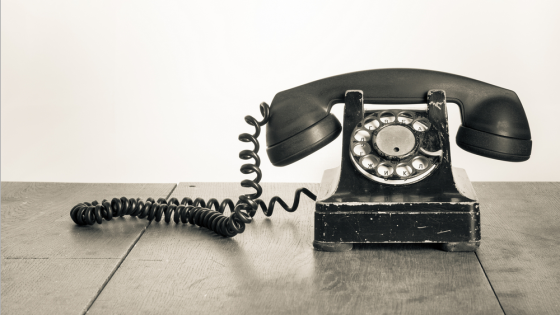Today’s post from Cara Strickland is part of Hinneh: a blog series on vocation and calling. If you’d rather read all the posts from the series in a short ebook, the writers have generously made it available for free. You can download a PDF copy here, or downloads in Epub (most tablets/e-readers) and Mobi (Kindle) formats are available as well. To receive the rest of the series in your inbox, sign up here.
—
When I was younger, the idea of a calling was so much easier. I remember youth group sermons and endless conversations about discerning your strengths and gifts in order to discover your calling.
It was scary, certainly. The idea was so weighty, so meaningful. It was as if my calling was carved into me somewhere, and I just needed to find that hidden place. I lived in fear of finding out that I was called to far away mission work, or (gasp) singleness.
In those days, calling was an immovable concept. It did not change, and could not be revoked. It was discerned and lived out over the course of a life.
—
I’ve always loved the story of Samuel. It’s such a wonderful example of the way that God finds people, even when they aren’t looking for Him (even, as in the case of Samuel, when they are sleeping).
God calls to Samuel, audibly, it seems. It takes a few times for the reality of the situation to become clear to Samuel, and Eli, his guardian (and a priest of the Lord).
God speaks to Samuel, inviting him into a relationship of conversation. That concept might seem familiar now. We are used to the idea that God can speak to us and chooses to relate to us, but in those days, a relationship with God was rare. Words from Heaven were not freely given.
—
I have given up listening for a call to the things that I would least like to do. I have given up checking boxes on spiritual gift forms, in order to discern my calling. Instead, I am listening for the invitations to engage with God in conversation. I am listening for the sound of God calling my name.
Conversation with God is messy. I don’t always feel that I’m hearing things correctly (sometimes I have to ask three times or more, rather like Samuel). Sometimes I go for a long while without feeling that I’ve heard anything.
Sometimes I doubt that I have ever heard God at all.
But this complicated listening is now what I mean when I talk about calling. Rather than viewing a calling as something that belongs to me, something I can claim and hold, I think of it as something God does, something that becomes clear as I sidle up and listen, sometimes for quite a while.
Unlike the callings of my past, it might not be permanent, or become part of my identity. It might not even call upon my strengths. Neither do I feel that it is a job, or a vocation, though it might lead to that, sometimes. Gradually, I’m coming to terms that calling isn’t about me, or what I can do for God. It’s not about my resume. It’s not about my time, energy or money. Calling is a verb. Calling is a phone that I pick up, only to hear a voice I love on the other end. Calling is that moment when I hear my name shouted in the airport and I rush into familiar arms.
Not to say that calling is always comfortable. My conversations with God have led me to challenging places. I haven’t blazed a trail into the mission field, leaving behind everyone and everything I know, but I have taken steps into looming unknowns.
Sometimes, like Samuel, I feel only a flood of information. God told Samuel about the evil ways of His people. What must it have been like to hear that sort of thing from God (who had never spoken to you before)? Samuel’s only guidance came from Eli who told him to do whatever seemed best to him. What a terrifying prospect.
Occasionally, I miss the more certain days of my youth. I miss the multiple choice callings, and the way my life seemed to stretch before me, predictable and safe.
I don’t miss my multiple choice God, predictable and safe and small. That God didn’t root me to the spot as I listened to His voice. That God didn’t send tingles down my spine when I picked up the phone. Now, the call comes, and I tremble a little when I hear the invitation. My response is often a request for the courage to accept.
Cara Strickland is a writer, editor, and food critic in Spokane, Washington. She writes about food, feminism, and the way faith intersects life (among other things) on her blog Little Did She Know.

Pingback: Out and About - Cara Strickland | Little Did She Know()